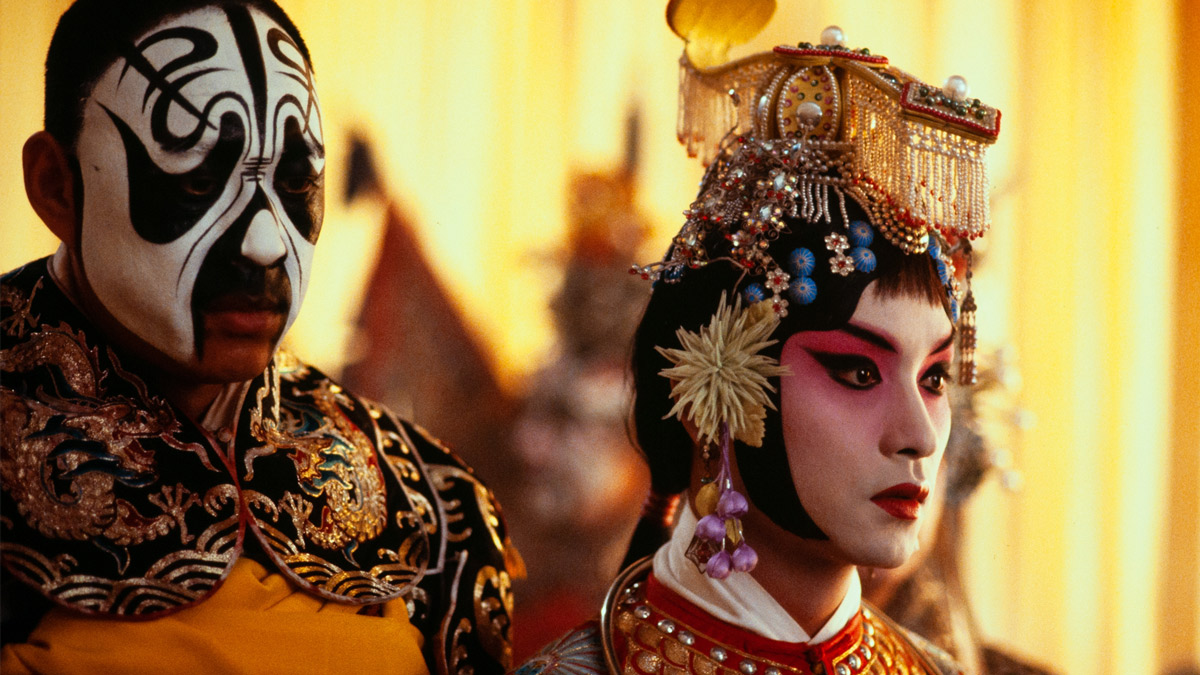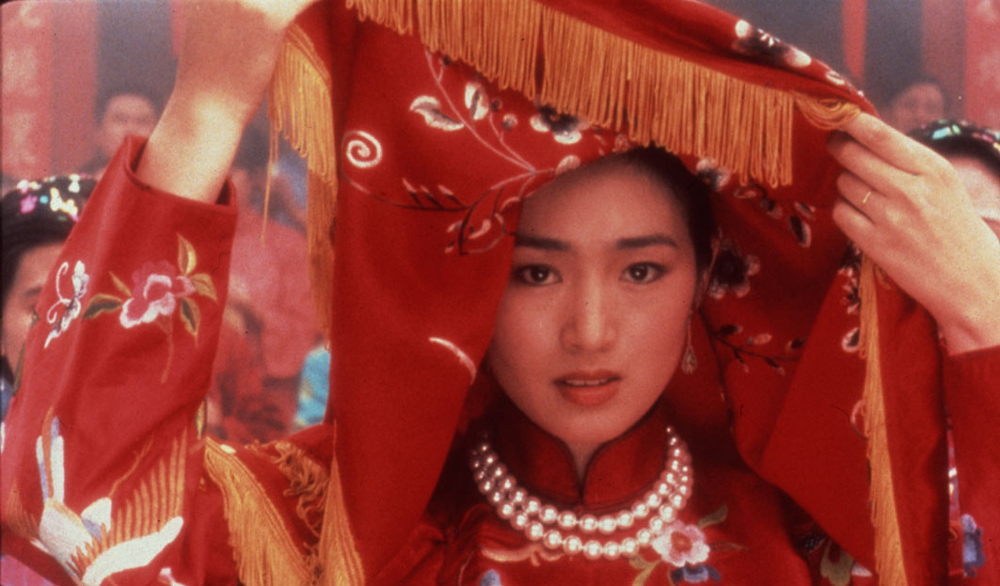
©1993 Tomson(Hong Kong) Films Co.,Ltd.
“Farewell My Concubine” Modern Chinese history and tragic love, what Chen Kaige did/didn’t draw
2023.07.26
different things, same things
However, the long running time of 172 minutes is not enough to depict more than 50 years. Although Kaiko focused on the story of Choi and Koro and depicted their journey, he was forced to omit some social and historical background and episodes. Referring to the original novel, the tense atmosphere of society and the joy and hesitation of the people, which are not depicted in the movie, are fully expressed through text.
There is another big difference between the original work and the movie. The movie takes place during the Cultural Revolution, when Choyi and Xiaorou are asked to criticize each other, and then jumps to the opening scene of the movie, which takes place ``after everything is over,'' but the original story barely depicts the period after that. It's possible. Xiao Rou was exiled from Beijing, lived a poor life as a manual laborer, and later moved to Hong Kong. It is a land that has not experienced the horrors of the Cultural Revolution and has a completely different history from Beijing.
When you read the original novel, it becomes clear that ``Farewell My Concubine'' is not even a love story in a sense, but rather a story about the generation of his father, which Kaiko denounced. It is possible that Kaiko depicts Xiaorou, who at one time enjoyed the benefits of prosperity, but who lived in a time when he was exposed to the horrors of war and occupation, and who later carried the suffering of the Cultural Revolution and quietly grew old. Maybe it wasn't possible. The ending that awaits Choi and Koro at the end is also completely different between the movie and the original.

“Farewell My Concubine 4K” ©1993 Tomson(Hong Kong) Films Co.,Ltd.
However, Kaiko also carefully transplants the ``relationship between society and art'' from the original work. On the eve of the Marco Polo Bridge Incident in 1937 (that is, just before the Sino-Japanese War), when anti-Japanese sentiment was rising among the people, people approached Choi and Xiaorou and asked, ``Are you putting on a play in an emergency? Don't you have any patriotism?'' . Since then, plays and actors have been influenced by politics at each juncture, and this remained the case up until the Cultural Revolution. Kaiko's strength to live despite his unreasonableness and suffering is probably also a reflection of his own personal side.
And if you watch this film in 2023, you will realize that the phrase ``a play in times of emergency'' has a different reality. These are exactly the same words that have been used against the theater industry, which has been asked to close theaters and refrain from activities due to the coronavirus pandemic. If we are to pay close attention to the current situation where correct and incorrect expressions are being sorted out and even rewritten, I cannot help but realize through this film that the situation surrounding culture is repeating itself in a large sense. It is.
[References/Reference materials]
・“Farewell My Concubine” Blu-ray (TC Entertainment)
・Author by Li Bihua, translated by Shotaro Tanaka, “Farewell My Concubine” (Hayakawa Shobo)
・An Interview With Chen Kaige [Internet Archive]
Text: Takatoshi Inagaki
Writer/editor. In addition to writing a wide range of film reviews, columns, and interviews, mainly focusing on foreign films, he also works as an editor for web media. He has contributed numerous articles to film pamphlets, magazines, books, web media, etc. He also does research and consulting for domestic stage productions.
Pre-order “Farewell My Concubine 4K” now ↓
“Farewell My Concubine 4K”
7/28 (Friday) Screening at Kadokawa Cinema Yurakucho, 109 Cinemas Premium Shinjuku, Grand Cinema Sunshine Ikebukuro, and other locations nationwide!
Distribution: KADOKAWA
©1993 Tomson(Hong Kong) Films Co.,Ltd.

